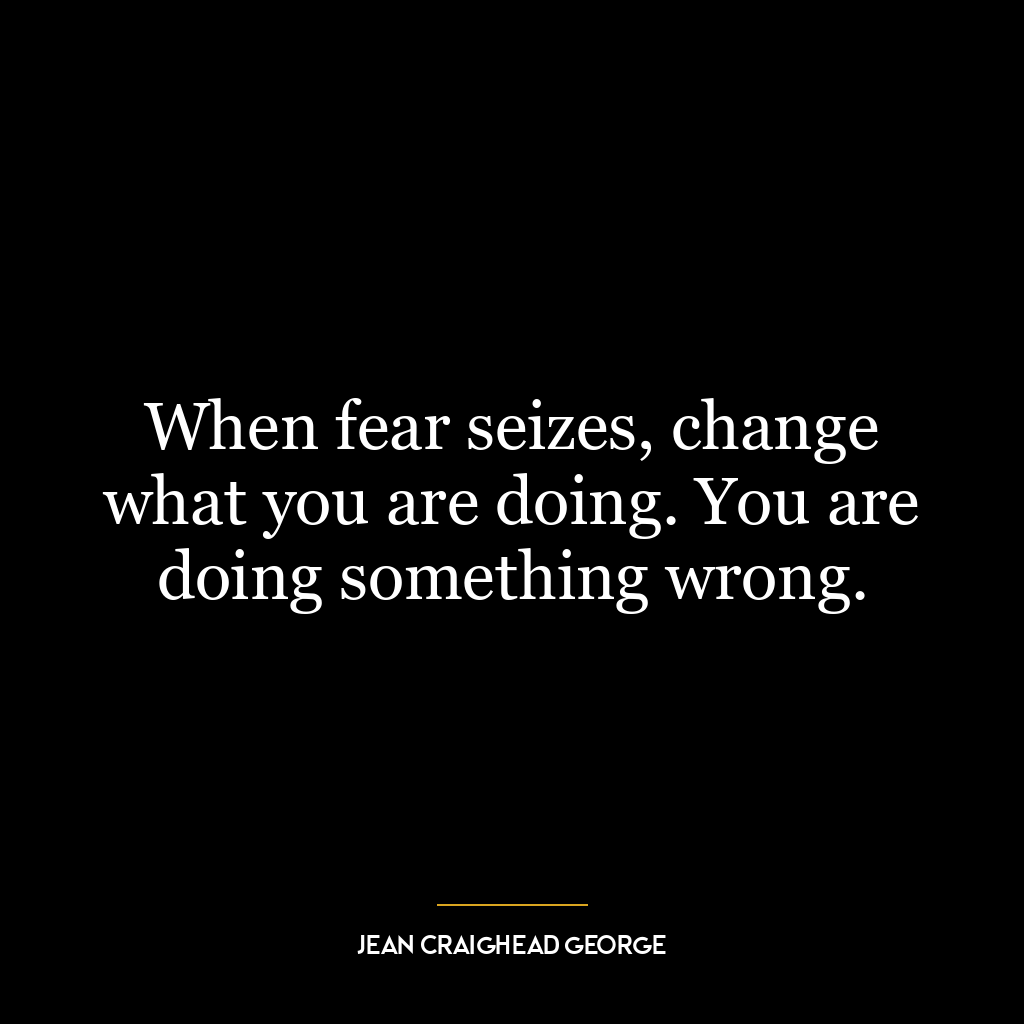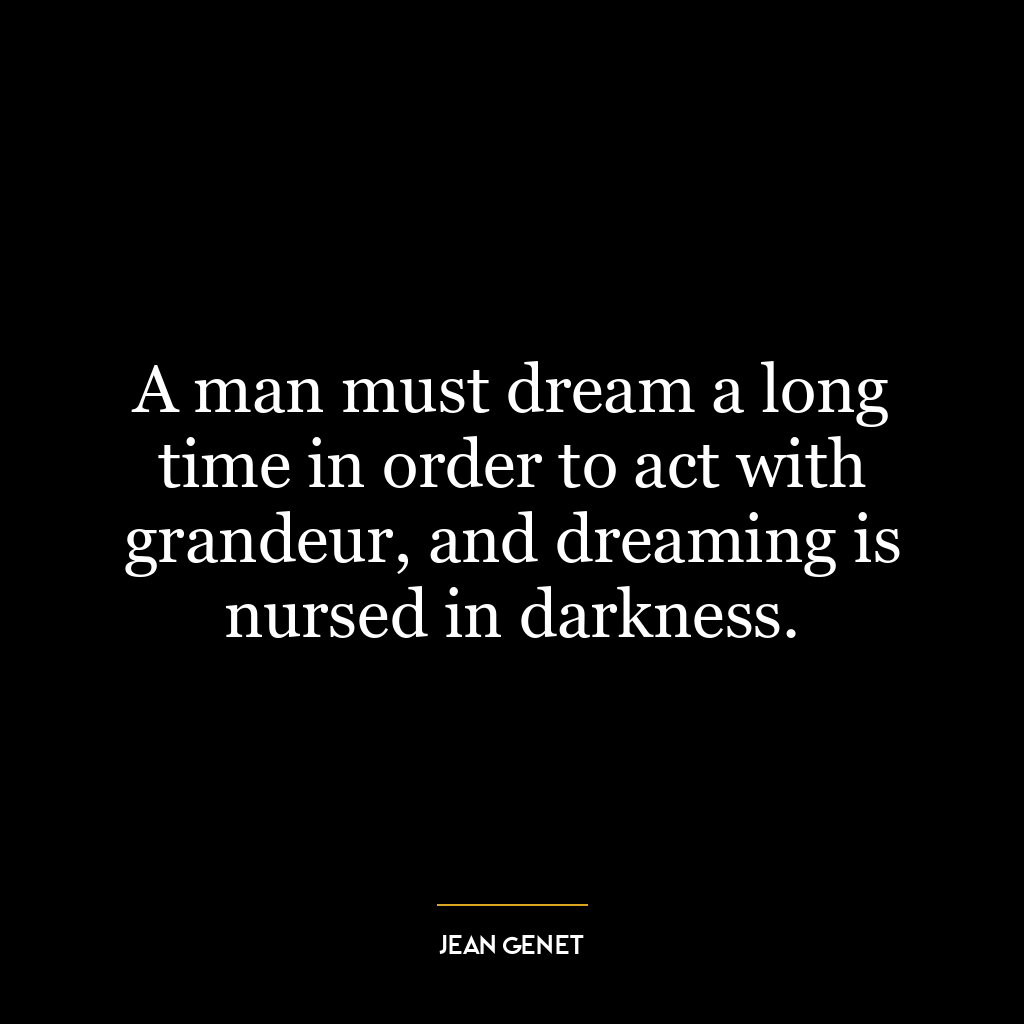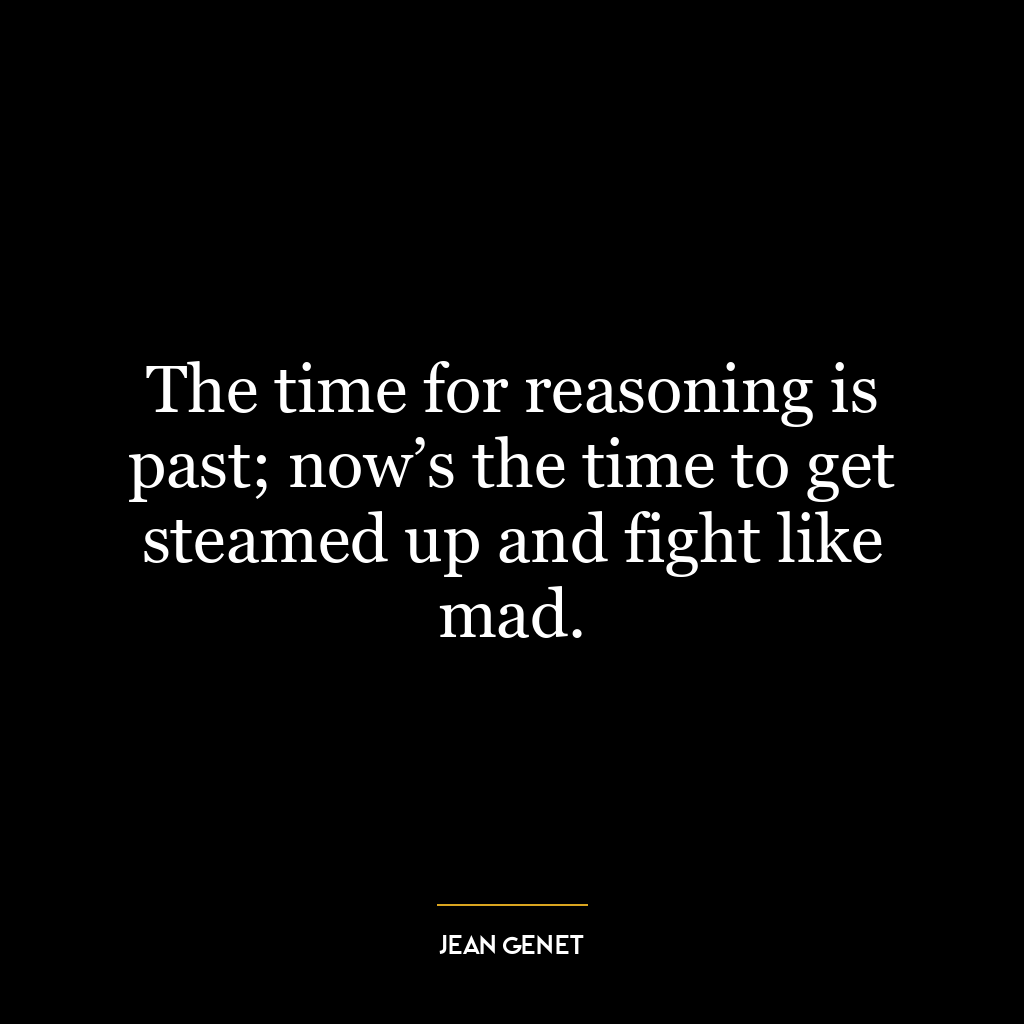This quote suggests that those who act, or do, without thinking are not guided by their conscience because their actions are instinctive or impulsive, rather than reflective or deliberate. In other words, they do not pause to consider the moral or ethical implications of their actions. On the other hand, those who think before they act are guided by their conscience because they take the time to reflect on the potential consequences of their actions on themselves and others.
In this context, “conscience” is seen as an internal moral compass that guides our actions based on our understanding of right and wrong. It requires thought and reflection, and is not simply a reflex or instinct.
Applying this concept to today’s world, we can see the importance of thoughtful decision-making in all aspects of life, from politics and business to personal relationships and self-development. For instance, in politics, leaders who act without thinking about the long-term consequences of their decisions can cause harm to their constituents and society. In business, companies that prioritize short-term profits over long-term sustainability can damage the environment, exploit workers, and ultimately undermine their own success.
In terms of personal development, this quote emphasizes the importance of self-reflection and thoughtful decision-making. It encourages us to pause and think before we act, to consider the potential consequences of our actions, and to let our conscience guide us towards actions that are not only beneficial to us, but also to others and the world around us. It reminds us that our actions have consequences, and that we have a responsibility to think about these consequences before we act.
In conclusion, this quote invites us to be more mindful and conscientious in our actions, to think before we act, and to let our conscience guide us in making decisions that are ethical, responsible, and beneficial to all.












